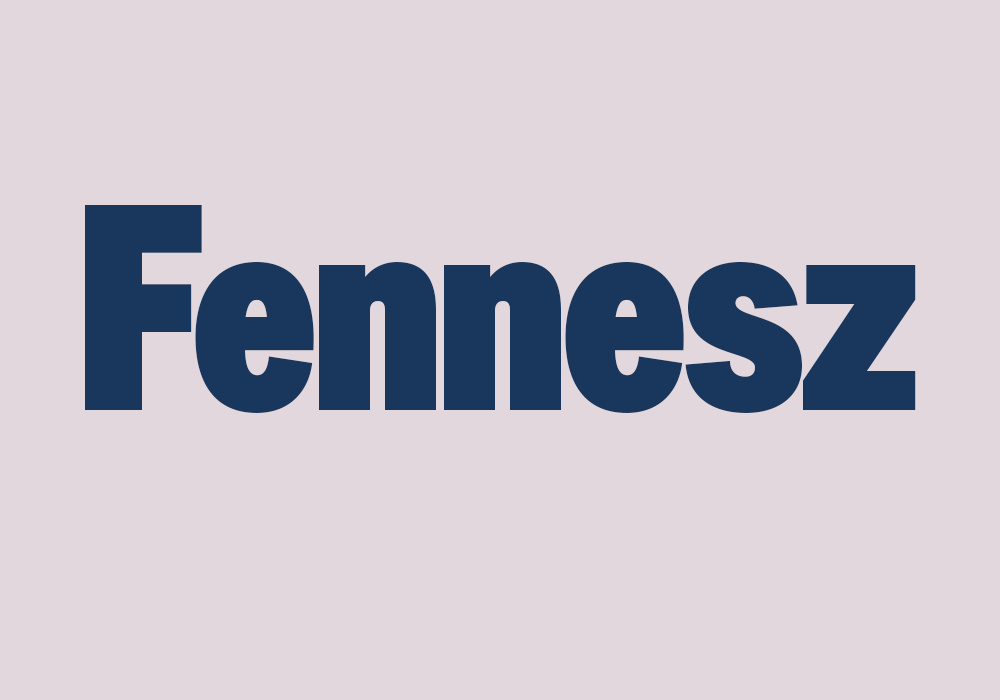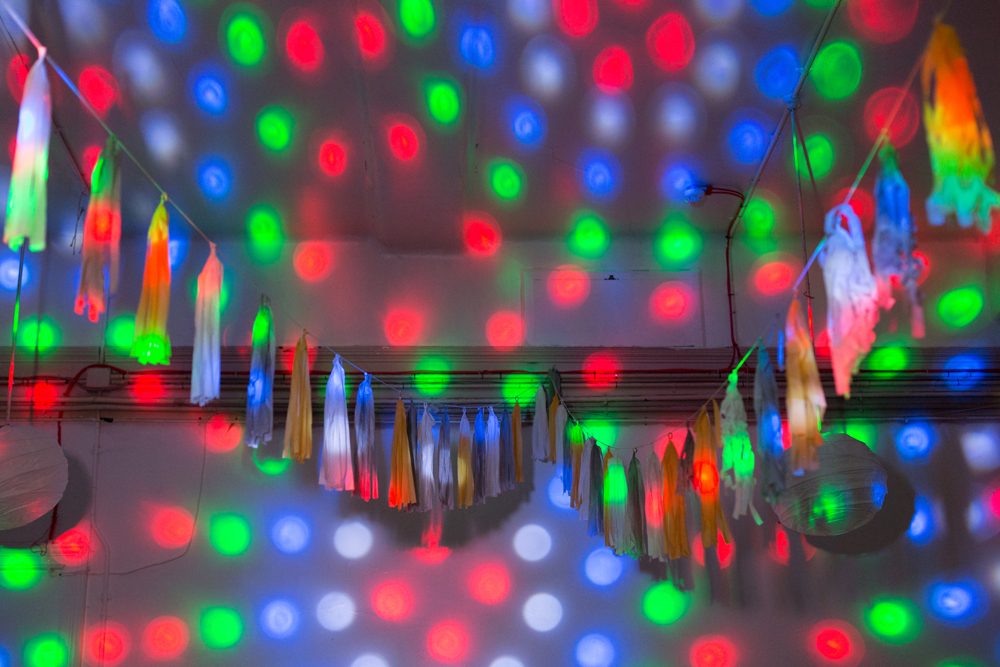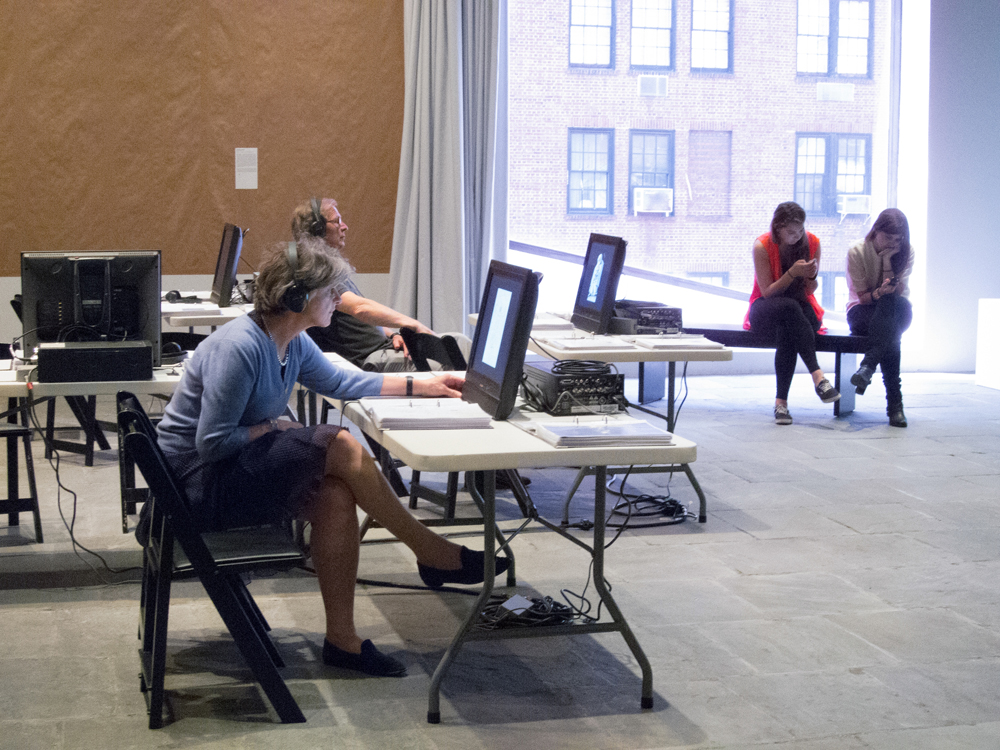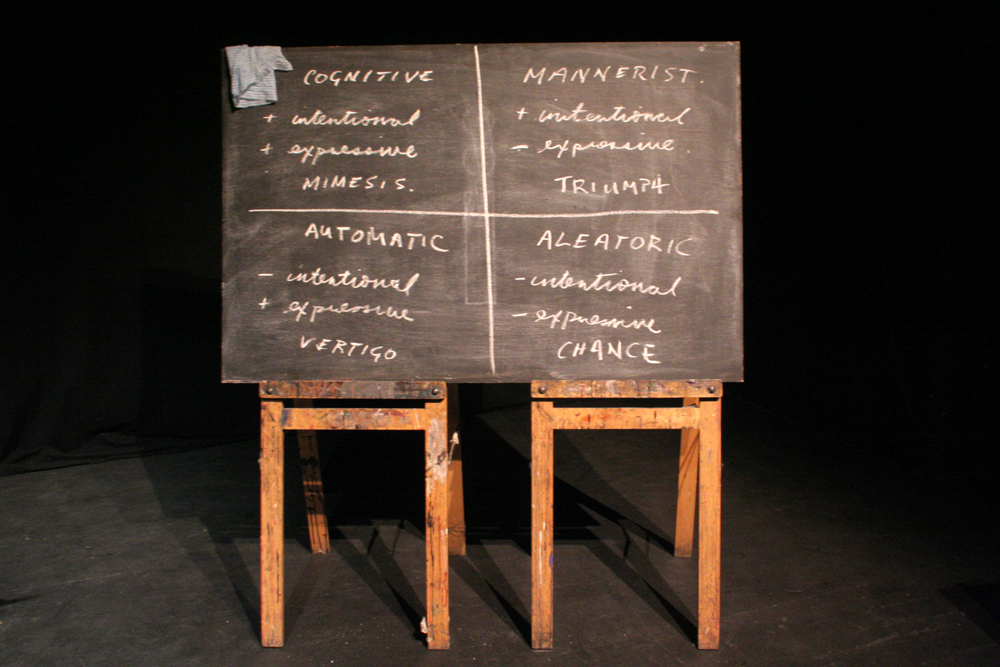
Beyond Transgression
Samuel R. Delany
Chip will read some of his great literary pornography, which pushes sexuality to the point of extremity and exhaustion.
Arika have been creating events since 2001. The Archive is space to share the documentation of our work, over 600 events from the past 20 years. Browse the archive by event, artists and collections, explore using theme pairs, or use the index for a comprehensive overview.

Chip will read some of his great literary pornography, which pushes sexuality to the point of extremity and exhaustion.

A multi-media harp and spoken word tribute to the incalculable, the in-deducible, the suspicious static noise that accompanies the voice of truth, and the attempted aberrations in the domain of emergence.

Merzbow takes the junk of sound and transforms it into blistering noise assaults with an incredible spectrum and impact.

Discussion: If we approach “care as an event” rather than as a “contract of exchange” then what becomes possible in how we know, care for, and appreciate each other?

The second in a series of workshops for workers and non-workers who care. What does the sharing of vulnerability entail? Can such a sharing inform progressive social relations?

Austrian guitarist who specialises in a warm digital deconstruction of guitar noise

Social and party with all proceeds going to the Unity Centre, featuring DJ SETS with Dj@Christelle, DJ D-Harsh, Nena Etza & Moor Mother.

IN OUR LIFETIME, is an anti-imperialist resource, edited by Hussein Mitha, produced by Arika for Episode 11, featuring poetry, essays, questions, prompts, letters and works of anti-colonial imaginary.

Goodwin’s writing emanates from the social life of poetry, from a condition of entanglement before historically racially-specific forms of representation. Another word for this emanation is breath.

A temporary archive and research space tracing the ways in which sound and audition move through everyday life.

Investigating the border between the audible and the visible means looking at the margins, the edges of creativity where artists test out new boundaries and define them anew.

Christian Bök‘s work spans thrillingly conceptual poetry to body-shaking vocal performances.